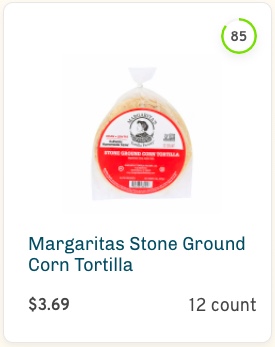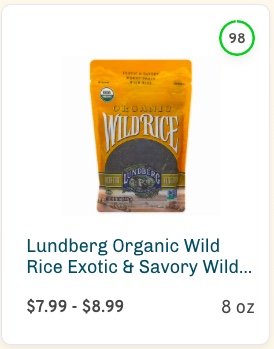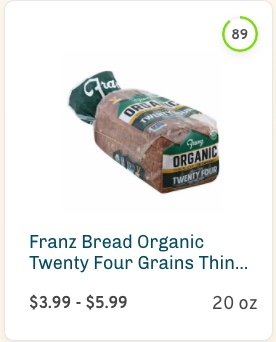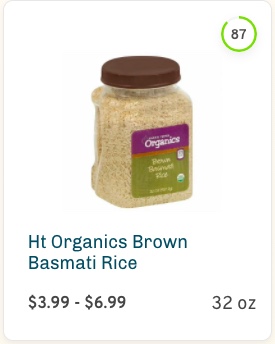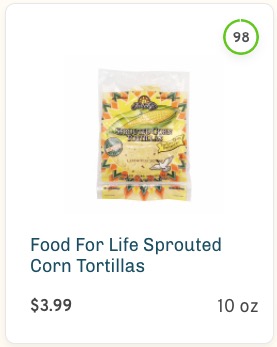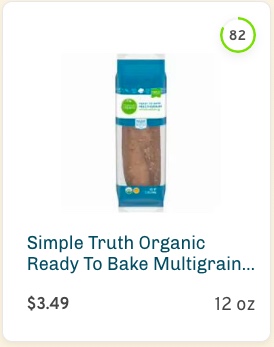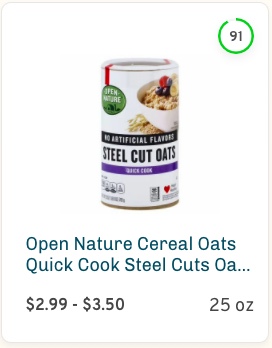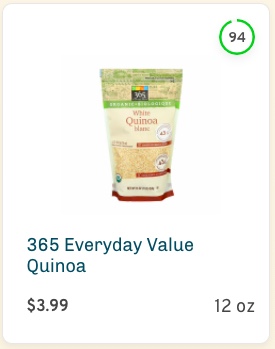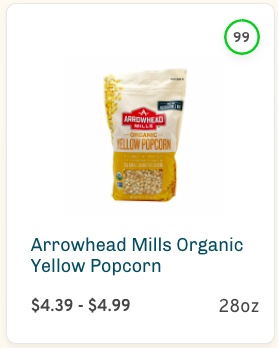Try our new free GreenChoice - Food Scanner mobile app!
DOWNLOAD-
-
-
Diets
Allergies
Take our 30-second quiz & we’ll filter our site to show only products that match your dietary preferences.
- GCNow
- Types of Grains: Healthiest & Others to Avoid
Types of Grains: Healthiest & Others to Avoid
Authors: Sydney Wexler and Makayla Meixner, MS, RDNPublished: September 20, 2020
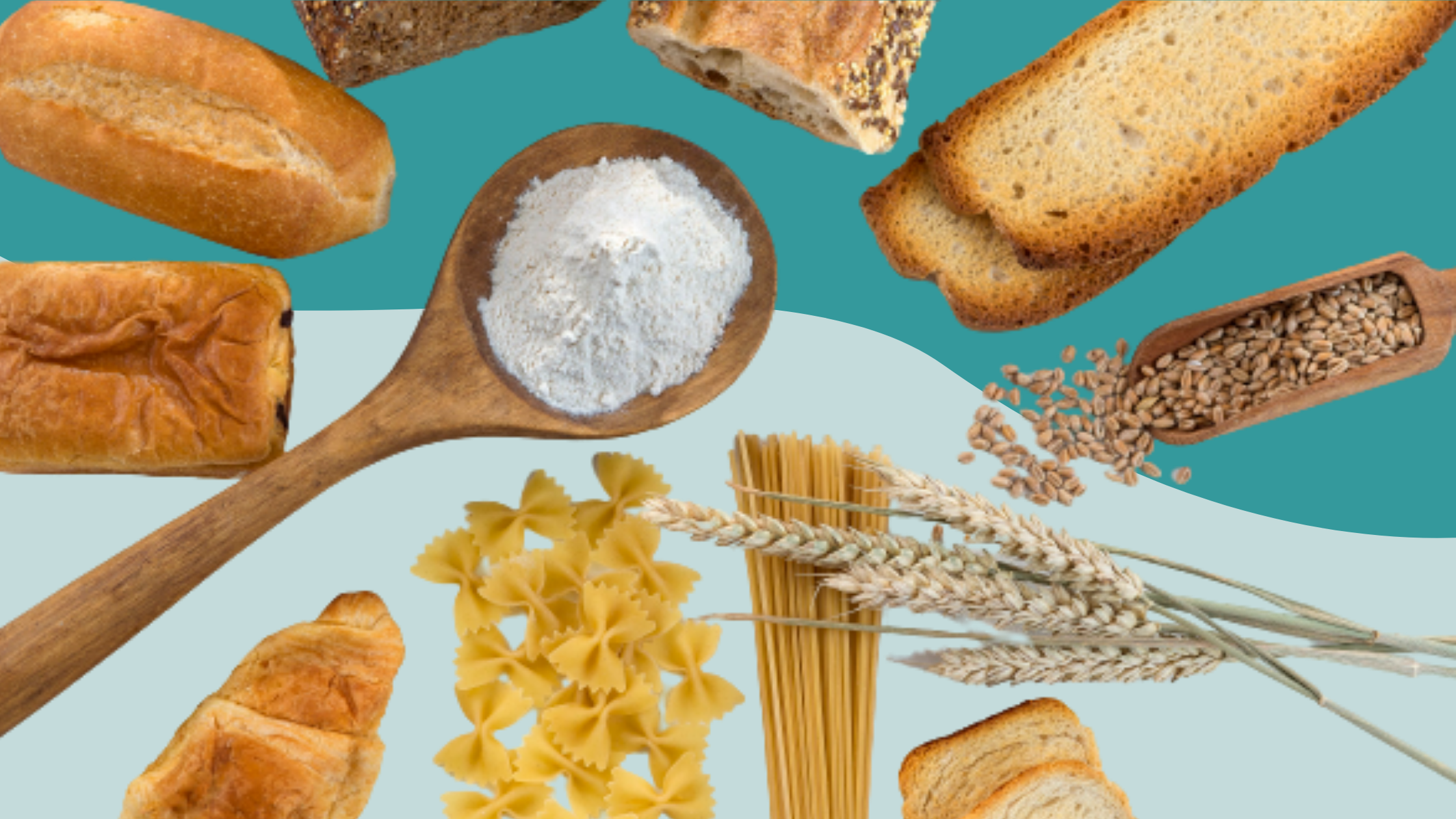
Many types of grains have been dietary staples for tens of thousands of years in virtually all civilizations around the world (1).
Grains are a highly nutritious source of carbohydrates — one of the three major nutrients that provide energy. In fact, carbs are the primary source of energy for your muscles and brain (2).
However, grains have gotten swept up in the low-carb craze that has captivated Americans in recent decades.
In 2018, 25% of Americans blamed carbohydrates for causing weight gain and 16% were following a carb-restricted diet. What’s more, trendy low-carb diets like keto and paleo have further discouraged eating grains (3).
The reality is, not all types of grains are created equally. While whole grains have been shown to promote overall health, refined grains have been linked to an increased risk of obesity, heart disease, type 2 diabetes, and cancer (4).
Here’s a breakdown of the different types of grains, which are healthiest, and some simple shopping tips.
Whole grains vs. refined grains
Grains (also known as kernels) are the seed of a plant. In their most natural — or whole — state, grains are made up of three main parts (5):
- The bran. This is the hard outer layer of the grain, high in antioxidants, B vitamins, and fiber.
- The germ. Also known as the embryo, this is the reproductive part of the seed. It’s loaded with B vitamins, minerals, healthy fats, and some protein.
- The endosperm. This is energy supply of the seed, packed with carbohydrates and protein. It also contains some vitamins and minerals.
The terms “whole” and “refined” are used to describe how the grain is processed. Whole grains are minimally processed, leaving the three main parts of the grain — and the beneficial nutrients they provide — intact.
In contrast, refined grains have had one or more of these three main parts removed. In turn, this strips away much of the beneficial nutrients and fiber.
Healthiest types of grains
When comparing whole grains vs. refined grains, there is no question — whole grains are by far the healthiest type of grain.
They provide a variety of important vitamins and minerals, including folate, niacin, riboflavin, thiamin, iron, magnesium, selenium and more (6).
Additionally, they supply much more fiber — a type of carbohydrate that aids digestion and promotes a healthy gut. Fiber also helps prevent dramatic spikes in blood sugar, instead allowing slow and sustained release of sugar into the blood for steady energy levels throughout the day (7).
In one study on whole grains and health, researchers followed nearly 200,000 adults for around 30 years. Participants with the highest consumption whole grains (up to about 3 servings per day) had a 29% reduced risk of developing type 2 diabetes compared to those who rarely or never ate whole grains (8).
As they offer numerous health benefits, the Dietary Guidelines for Americans suggest making at least half of your daily grains whole. Ideally, opt for whole grains over refined grains whenever possible (9).
There are a number of tasty whole grain products to choose from. Here are some popular options:
- Ancient grains. Amaranth, barely, bulgur, kamut, quinoa, and spelt are just a handful of the many nutrient-packed ancient grains available.
- Whole grain rice. Brown and wild rice are two common whole grain varieties. Others include Himalayan Red Rice, Purple Thai Rice, and Chinese Black Rice.
- Whole grain bread. 100% whole wheat breads, bagels, buns, and other bakery items are widely available. There are also gluten-free whole grain breads, made with ancient grains like quinoa, teff, and millet.
- Whole grain pastas. 100% whole wheat pastas are an affordable and nutritious option. Though not made with grains per se, pastas made with legumes — like lentils, chickpeas, and edamame — are another healthy alternative to those made with refined grains.
- Whole grain breakfast cereals. Along with cold breakfast cereals made with 100% whole wheat, there are also grape nuts and muesli. Though technically not “whole,” bran cereals are often made with a high-fiber blend of whole wheat plus extra bran. If you prefer hot breakfast cereals, opt for oats, whole grain grits, or whole grain cream of wheat.
- Whole grain tortillas. Instead of white varieties, choose tortillas made with 100% whole wheat flour or stone-ground corn.
- Whole grain snacks. For snacking, some healthy options are 100% whole grain chips, crackers, popcorn, and granola bars.
Types of grains to limit
During the refining process, much of the nutrients and fiber are stripped away from the grain.
As a result, the body digests them very quickly. The carbohydrates in refined grains are broken down into glucose and absorbed much more quickly, leading to rapid spikes in blood sugar.
Over time, these rapid fluctuations in blood sugar have been correlated with overeating, obesity, inflammation, diabetes, and other negative health effects (6).
Here are some refined grains to limit:
- White rice, breads, bagels, and pasta
- Tortillas made with white flour
- Biscuits, croissants, and other baked goods made with refined flours
- Sugary cereals and other breakfast foods made with refined grains
- Cookies, cakes, pastries, and other grain-based desserts
Along with limiting the above, it’s important to check the nutrition facts label for added sugars. Added sugars are sources of empty calories, meaning they provide energy but offer little to no nutritional value. When eaten in excess, they are linked to weight gain and an increased risk of several chronic diseases (10).
Keep in mind, added sugars are pervasive in whole grain products as well. In a comprehensive analysis of hidden sugar in food, GreenChoice found that 71% of products marketed as whole grain, multi-grain, or ancient grain contained added sugars.
Shopping tips for all types of grains
Finding healthy whole grains while grocery shopping can be difficult if you’re not sure what to look our for. Here are a few key things to pay attention to:
- Added sugar. While sugar in bread is important to create the texture and flavor we expect from a quality bread, too much can be harmful. especially when added sugar is prevalent in so many of our packaged food items (11).
- The first ingredient. To help identify whole grains, check the first ingredient on the label. If it says “whole” or “whole grain” in front of the grain name — for example, “whole grain wheat flour” — this indicates that it is made with whole grains. In addition, oats, oatmeal, brown rice, and wheatberries as the first ingredient indicate it is made with whole grains.
- Misleading claims. Don’t be fooled by deceptive labeling — many claims don’t necessarily mean the product is whole grain. Common terms you might encounter include:
- “Enriched” means that certain nutrients have been added back to the product after being removed during the refining process (12).
- “Multigrain” means that multiple grains are included in the product. They may be refined, whole, or a combination of both (13).
- “Bleached/unbleached” refers to the aging and whitening of flour by chemical bleaching agents (bleaching) or natural aging and oxygenation (unbleached) (14).
As a simple starting point, try swapping out one refined grain product in your diet at a time. For example, opt for 100% whole wheat toast at breakfast instead of white, or a bowl of oatmeal instead of refined breakfast cereal.
Great whole grain products
***
GreenChoice, PBC has evaluated and rated more than 340,000 food & beverage products across hundreds of attributes related to diet, health, and sustainability. Easily find the best products for you, the planet, & your budget. Download the free GreenChoice app for Apple iOS or Android!
